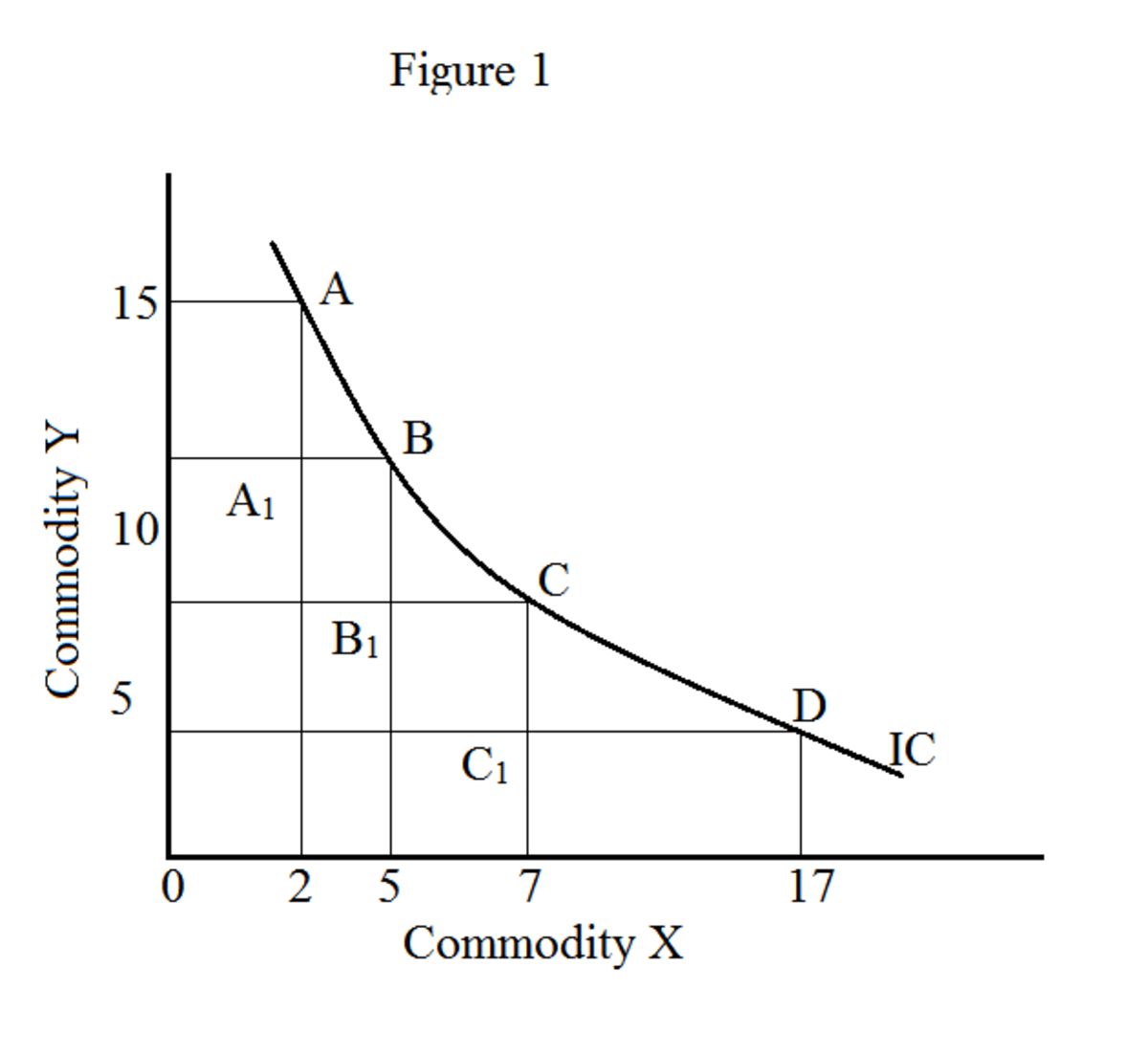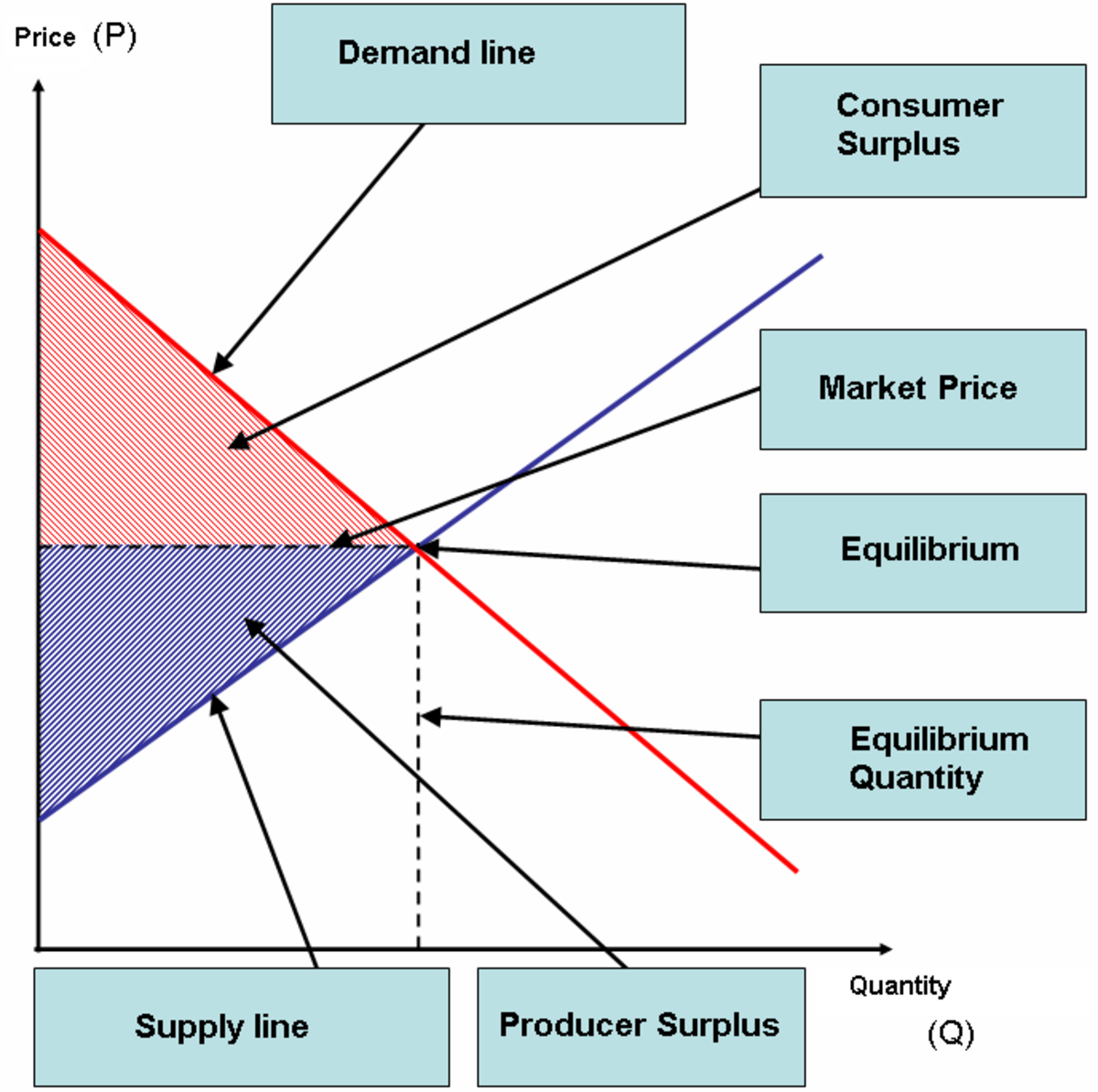Starbucks Strategic Analysis and assessment (New economic strategies to stay ahead of coffee competitors)
Starbucks Coffee

starbucks references
Starbucks Stock Analysis
After years of continual growth fueled, both literally and figuratively, by the popularity of their specialty coffee products, Starbucks has finally started to come back down to earth. Comparable store sales have been declining along with Starbuck’s stock price over the last several years. This is uncharted waters for the Starbucks Corporation, which had been growing at an exponential rate since its humble origins as a single retail store in Seattle’s Pike Place Market in 1971. While there is a fair amount of information available regarding the background and history of Starbucks, most people have different viewpoints about what has led to the recent slower growth. Many will agree that much of this decline has been attributed to the recent unfavorable economic conditions throughout the United States, there are also several consumer issues facing the Starbucks Corporation that need to be addressed. Most notably, these issues are 1) lower consumer traffic and lower average sale per transaction, 2) customers trading down to lower priced products within Starbucks, and/or switching to competitors with lower prices for similar products, and 3) declines in general consumer demand for specialty coffee products.Starbucks needs to account for these issues if they hope to continue their dominance in the market.
Earn money online by posting your old papers
It's easy and free, plus you have nothing to lose
Starbucks Economic Analysis
Nearly two and half decades of phenomenal growth has finally subsided and left the Starbucks Corporation in a precarious situation. As of July 2008 the company has had a decline in customer traffic for the first time ever and their stock price has lost nearly half of its value since 2006 (PBS). This is all a new experience for Starbucks, which had been serving over 50 million customers a week at its peak, and for 15 consecutive years had at least 5% year over year sales growth in stores that had been open for more than a year (Bertfield, pg.28). The loss of sales has forced the company to make difficult decisions in order to remain profitable. One of these difficult decisions was the announcement to close 1000 company-owned stores globally during the 2010 fiscal year. They also announced that they were going to be opening fewer than 100 stores in the U.S. and 200 internationally. This is a drastic reduction compared to the 1700 new stores opened in the U.S. in 2007 alone, and far cry from the aggressive expansion that made Starbucks most successful coffee chain in the world.
Although the current economic conditions have hurt many businesses, Starbucks has been especially affected because most consumers view Starbucks as a luxury item. However, the current economic conditions and tighter consumer discretionary spending are not the only reason for Starbucks recent trouble. Starbucks has been outperformed over the last several years not only by S&P 500 and Nasdaq, but also the S&P Consumer Discretionary (exchange traded fund made up of multiple companies, including Starbucks, that largely rely on discretionary consumer spending) (SEC)
- A SEO Search Engine - Optimization & Free SEO Tools
SEO search engine providing quality search results and the best search engine optimization (SEO) tools on the Net. Analyze and submit your URL today!









